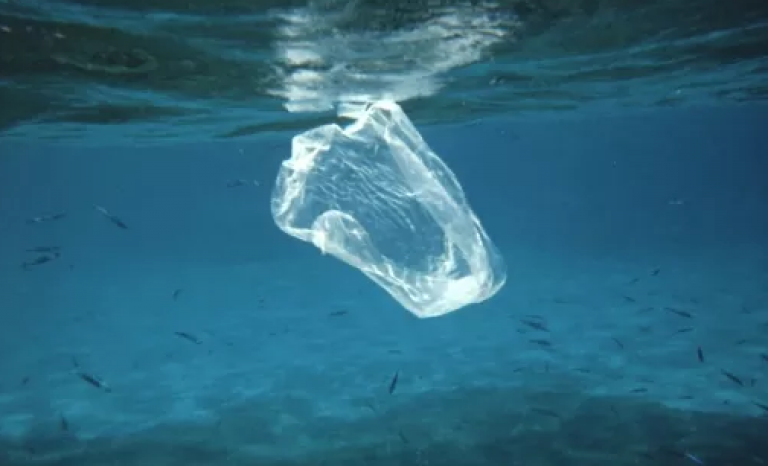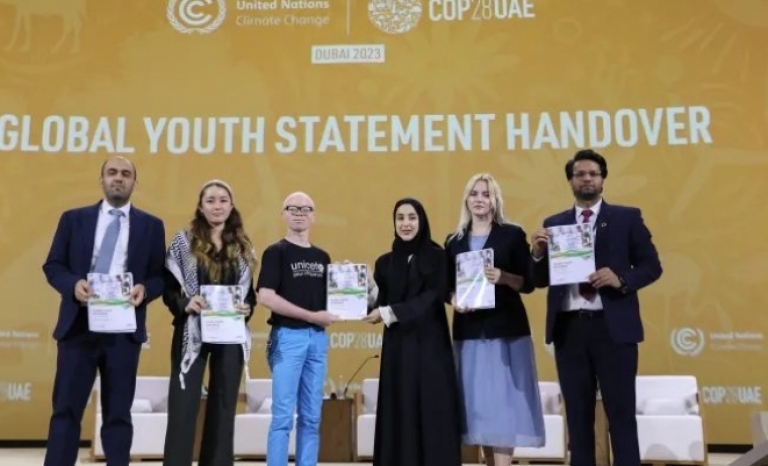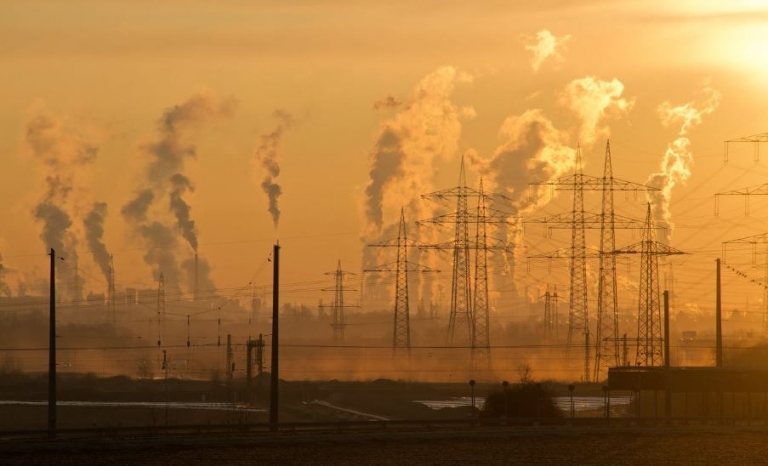Growing awareness on this issue must become a turning point that allows us to effectively materialize a reduction in single-use plastics. Now, more than ever before, we need all social and economic agents to act responsibly to deal with this plastic pandemic.
Since plastic started to be used on a large scale (1950), this by-product of oil and gas is found everywhere. Evidently, some of its features such as its flexibility, durability, lightness and, especially, its low economic cost (particularly for producers and distributors) have meant that plastic has replaced a whole range of materials.
When plastic made its appearance, it did so as the vanguard of a new concept that was unthinkable up until then: use and discard. This is how single-use plastic products were marketed as a modern option that liberated families. The LIFE Magazine of the times published an article, 'Throwaway Living' celebrating the arrival of this new society and presented a whole range of products at a very affordable price.
Since plastic was introduced, it is estimated that around 9.2 trillion tonnes of it –especially for single-use products and packaging– and almost half this amount in the past twenty years. A figure that should help us stop and think is that from all the plastic produced, only 10% has been recycled, meaning that most of it has ended up in dumps, has been burnt or left in the environment (seas, oceans, woods…).
The tipping point that led to plastic becoming one of the most referenced environmental problems today is the inability to stop a production and distribution system that has encouraged a disproportionate use of plastic and that has externalized the environmental and economic costs to people and the environment. Today, 40% of the plastic produced in the world turns into waste in less than a month.
This production, distribution and consumption model has pulled us into the dominant linear economic model that depends on continuous and progressive exploitation of natural resources and the externalization of environmental and social impacts, also with impacts on our health.
And precisely to give visibility to these impacts, Rezero has carried out tests on 20 global opinion leaders from the fields of culture, sport, science and medicine to detect the presence of plastic metabolites like phthalate and bisphenol from the “plastification” of what we eat. The results are devastating: 100% of the sample (including myself) tested positive with an average of 21 substances detected.
Growing awareness on this issue must become a turning point that allows us to effectively materialize a reduction in single-use plastics. Now, more than ever before, we need all social and economic agents to act responsibly to deal with this plastic pandemic. The administration needs to implement the European Directive on plastics and adopt a Catalan law on waste that is based on prevention and the effective use of resources; the production and distribution sector needs to firmly support the “depastification” of food and ensure that anything they put on the market is reusable, reparable, recoverable and recyclable; citizens must adopt conscious consumption habits and use reusable items when they go shopping, purchase durable products with a low environmental impact and local produce, and must reclaim our right to consume without generating waste.
Evidence that today’s economic model is unsustainable, the impacts on our own health it causes and the climate emergency we are experiencing call for urgent and united action, in solidarity and effectively, to advance in the transition towards a zero-waste society.












Add new comment